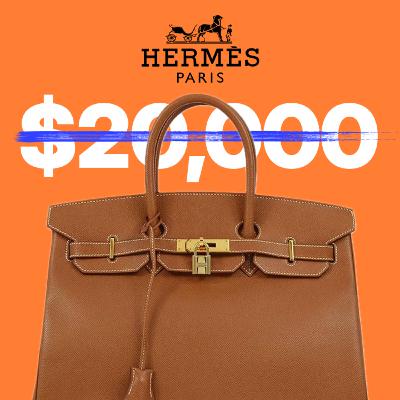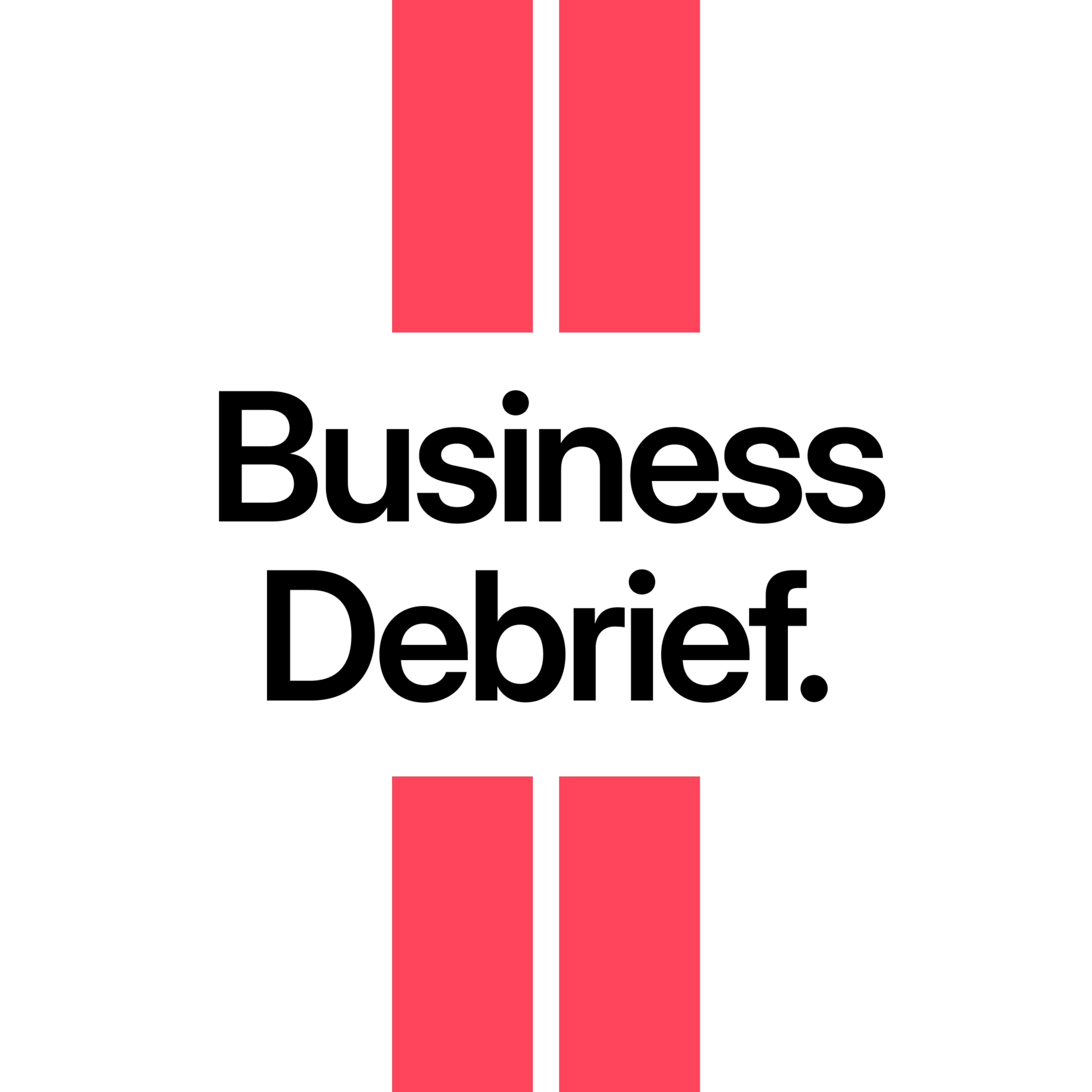Discover Business Debrief
Business Debrief

11 Episodes
Reverse
Joseph Hofer (hoferstudio.com) spent 12 years at BlackBerry designing their most iconic devices, including the Bold series. He now runs his own industrial design studio.We’ll talk about :how his grandfather's woodworking tools shaped his design philosophy why BlackBerry pursued premium positioning the distinction between premium and luxury why he likes anti-trend products,why he developed an obsession with one specific Canadian deodorant.Companies mentioned:Clicks Communicator - clicksphone.comNala Deodorant - nalacare.com Forages - forages.co
"I told her I wouldn't be using it, and eventually I found myself actually using it as much as she did. I am a hundred percent converted."Badr and Greg chat about their own Thermomix, sparking a conversation about why people spend over $1,500 on a kitchen appliance that does everything, yet might strip away the joy of cooking.--Keywords:brand positioning, product pricing, consumer behavior, premium pricing, distribution strategy, switching costs, emotional attachment, functional products, Thermomix, Vorwerk, Tupperware, Cookidoo, Stanley Cup, iPhone, Android, Magimix.
“What does it even mean for a beach to be rated 4.8 on Google Maps?"Badr asks Greg about disappointing restaurant recommendations, leading to a deep dive into the psychology of online reviews. They explore negativity bias, herd mentality, and the halo effect that shapes how we interpret ratings.--Keywords: positioning, business strategy, restaurant reviews, Google Maps, Airbnb, Tabelog, IMDB, Goodreads, Booking.com, Starbucks, psychology of reviews, negativity bias, herd mentality, confirmation bias, dynamic reviews, cultural differences, Japan, tourism impact, review systems, consumer behavior
"I find myself having to pitch and convince my friends in addition to the trailer because the trailer is counterproductive."Greg shares with Badr his frustration with movie trailers and why he's stopped watching them entirely. We explore how trailers have become homogenized, failing to capture the true tone of films while somehow being both forgettable and counterproductive. Movie studios are fundamentally misunderstanding the art of positioning their films.--Keywords: movie marketing, positioning strategy, customer experience, user behavior, product design, marketing psychology, brand positioning, content strategy, audience engagement, customer journey, product positioning, business strategy, marketing effectiveness, user experience design, natural workarounds, customer insights, behavioral analysis, content personalization, marketing innovation, streaming platforms, Netflix, Disney, Disneyland, Marvel, Formula One, YouTube, Amazon, Google
"Starlink is a game-changer for us. It feels like a cheat code."Badr asks Greg about his family's switch from traditional network providers to Starlink, exploring whether satellite internet represents a premium product or just another commodity. They examine why network providers have become commoditized utilities that customers tolerate rather than love. The discussion also touches on how successful companies risk becoming the incumbents they once challenged, and whether Starlink's direct-to-cell technology could revolutionize the phone plan market entirely.--Keywords: positioning, premium products, commodity markets, business strategy, brand differentiation, customer experience, telecom industry, satellite internet, infrastructure, emotional branding, user interface design, market disruption, Starlink, Orange, Free, Canal Plus, Netflix, Apple, Tesla, OneWeb, AT&T, Verizon, HBO, Shell, Ukraine, Elon Musk, Skytrax, PlayStation
"Tomorrowland is like Disney for adults."In this episode, Greg and Badr unpack why this festival keeps people coming back year after year. From collectible bracelets to branded airplanes and ticket queues that feel more like high-stakes lotteries, Tomorrowland isn’t just an event — it’s a masterclass in building desire. If you’re in business, branding, or just obsessed with what makes people tick, this one’s for you.Hosted by Greg Jeanneau and Badr Filali.--Keywords: Tomorrowland festival, Tomorrowland experience, Festival branding, Scarcity marketing, Queue psychology, Experience design, Event loyalty, Brand rituals, FOMO marketing, Music festival strategy, Limited access events, Ticketing strategy, Tomorrowland plane train, Festival unboxing, Building anticipation, Customer experience insights, Exclusive experiences, Brand building through events, Business strategy, Brand loyalty, Customer retention, Scarcity tactics, Experiential marketing, Marketing psychology, Brand perception, Premium positioning, Creating demand, Product experience design, Consumer behavior, Brand storytelling, Audience engagement, Event marketing strategy, Emotional branding, Brand differentiation
Hosted by Greg Jeanneau and Badr FilaliWe explore the emotional and practical journey of buying a bike, from theft anxiety to the absence of brand loyalty. We unpack why most bike companies feel interchangeable, how design and positioning fall short, and why creating a richer experience around the product—the “glue”—could be the real competitive edge.--Keywords: bike buying, bike theft, insurance, brand loyalty, bike design, customer experience, emotional connection, market differentiation, bike industry, innovative solutions, positioning, perceived value, Brompton, Vanmoof, Decathlon, Cowboy bikes, Canyon bikes.
Hosted by Greg Jeanneau and Badr Filali.Stanley Cups are leaky, oversized, and not particularly cheap. So how did they become a viral status symbol, and why do they spark so much hate?It’s a 110-year-old company, but the last 100 years are basically irrelevant to the story we’re going to talk about today.In this episode, we unpack the unlikely rise of a 110-year-old brand turned cultural phenomenon. From pastel color drops to emotional validation and mom-group signaling, we explore how a humble water bottle became everything but a water bottle.--Keywords: Stanley Cups, Stanley Cup trend, viral water bottle, cultural branding, emotional marketing, mom influencers, product obsession, water bottle craze, TikTok products, Stanley Cup accessories, Gen Z trends, brand identity, product culture, social signaling, hydration culture, Stanley Cup backlash, internet trends, product psychology, consumer behavior, brand strategy, positioning, product-market fit, consumer insight, brand differentiation, emotional branding, lifestyle brand, DTC marketing, viral growth, cultural relevance, marketing psychology, brand loyalty, category creation, brand-led growth, brand storytelling
(Episode in French, let us know below if you’d like an English version!)What if you could sell your product ten times the market price — and your clients still thanked you for it?In this episode, we meet Asafumi Yamashita, a Japanese farmer based in France who supplies vegetables to Michelin-starred chefs… on his own terms. No orders, no negotiations. He shows up with what he wants, when he wants, and at the price he decides. And chefs follow.We dive into:— How he created value in a world driven by standardization— Why scarcity isn’t always about quantity— What it means to reverse the offer-and-demand dynamic— And how philosophy and pricing often go hand in handInterview:(00:00) Introduction(00:29) From Bonsai Specialist to Vegetable Farmer(07:09) Why would a farmer limit who can buy?(14:16) Why uniformity is the enemy of valueDebrief:(35:13) You don’t need to compete if you redefine the game(41:46) Storytelling & Brand Identity(48:14) User-Centric Innovation & Jobs-to-be-Done(01:00:06) Strategic Takeaways & Future-Proofing--Keywords: Michelin Stars, French cuisine, chef-exclusive farming, premium vegetables, farm-to-chef, niche business model, pricing strategy, brand storytelling, blue ocean strategy, product positioning, customer obsession, perceived value, artisanal farming, Japanese vegetables, business model innovation, food supply chain, B2B agriculture, luxury produce, differentiation strategy, user-centric design, strategic narrative, value creation
Hosted by Greg Jeanneau and Badr FilaliWe dive into the extraordinary journey of Beatrice Amblard, a master leather artisan and former Hermes craftswoman. From leaving the corporate luxury world to building her own brand, April in Paris, and establishing a renowned leatherwork school, Beatrice shares her passion for craftsmanship, her insights on creativity, and her unfiltered take on the luxury industry.What You’ll Learn:The Courage to Leave Stability: Why Beatrice left Hermes after 14 years to pursue custom work. The Philosophy of Luxury: Her critique of mass-produced goods and why individuality is the new gold standard. Mastering the Craft: The importance of learning by doing, embracing mistakes, and gaining complete control over the creative process. The Therapeutic Power of Custom Work: How co-creating with clients offers a meaningful, even healing, experience. Teaching the Next Generation: The organic growth of her leatherwork school and the importance of fostering community. Success and Resilience: How Beatrice’s mantra—“When there is a will, there is a way”—has carried her through challenges.--Resources Mentioned:April in Paris Official Website--Keywords: Hermes, Louis Vuitton, Birkin bag, Kelly bag, Creative entrepreneurship, Pricing strategy, Building a workshop, Creative business, Business without a plan, Artisan-led brand, Craft business model, Small business growth, Mentorship in craft, Sustainable business, Creative podcast, Business of craft, Stories behind the craft, Women in luxury, Craft to business journey, Artisan interviews, Founder stories, Design and business, Making vs marketing, Craft meets commerce
We dive into the extraordinary journey of Beatrice Amblard, a master leather artisan and former Hermes craftswoman. From leaving the corporate luxury world to building her own brand, April in Paris, and establishing a renowned leatherwork school, Beatrice shares her passion for craftsmanship, her insights on creativity, and her unfiltered take on the luxury industry.
What You’ll Learn:
The Courage to Leave Stability: Why Beatrice left Hermes after 14 years to pursue custom work.
The Philosophy of Luxury: Her critique of mass-produced goods and why individuality is the new gold standard.
Mastering the Craft: The importance of learning by doing, embracing mistakes, and gaining complete control over the creative process.
The Therapeutic Power of Custom Work: How co-creating with clients offers a meaningful, even healing, experience.
Teaching the Next Generation: The organic growth of her leatherwork school and the importance of fostering community.
Success and Resilience: How Beatrice’s mantra—“When there is a will, there is a way”—has carried her through challenges.
Resources Mentioned:
April in Paris Official Website
--
Suggest guests here: pantry.studio



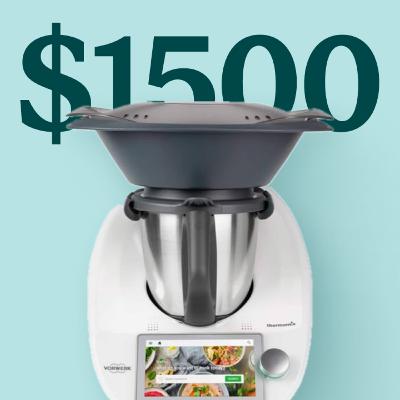
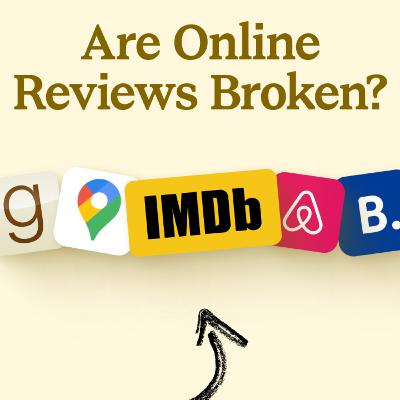

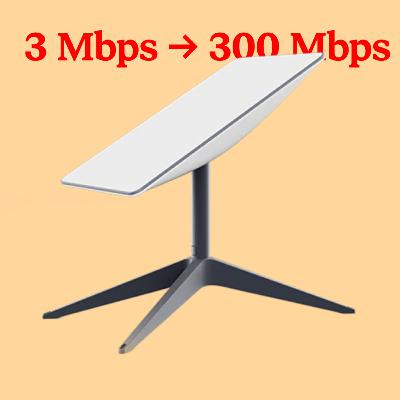

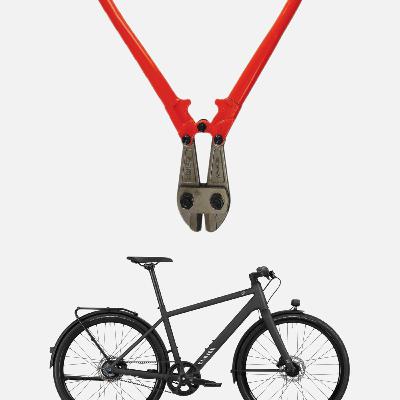
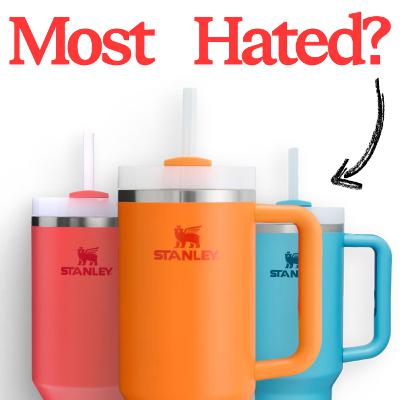
![[🇫🇷] Michelin Stars — The Japanese farmer behind Paris's starred kitchens [🇫🇷] Michelin Stars — The Japanese farmer behind Paris's starred kitchens](https://s3.castbox.fm/37/49/c2/772270eed529665b1ed106104ac970913f_scaled_v1_400.jpg)
